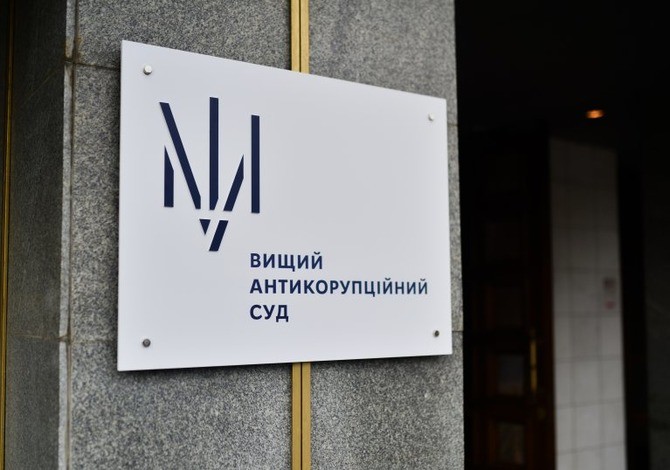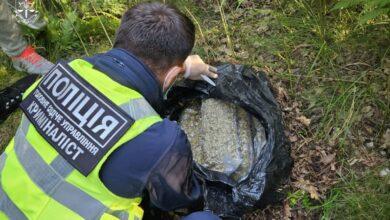The HACC did not support the closure of the Rotterdam+ case

The High Anti-Corruption Court has rejected a motion to close the so-called Rotterdam+ case. This was reported by the press service of the Specialised Anti-Corruption Prosecutor’s Office.
‘The panel of judges of the HACCU dismissed the defence’s motions to close criminal proceedings against individuals, including former and current officials of the National Energy and Utilities Regulatory Commission (NEURC) and officials of a group of private heat generating companies involved in the introduction and application of the so-called Rotterdam+ formula, which resulted in electricity consumers overpaying more than UAH 39 billion in 2016-2019,’ the SAPO said.
In its motions, the defence argued that the case falls under the principle of prohibition of repeated prosecution for the same offence, and also noted the expiration of the pre-trial investigation after the suspicion was served.
Having assessed the positions of the parties, the court upheld the arguments of the SAPO prosecutor and dismissed the defence motion.
The next hearing in the case is scheduled for 12 December at 12:00.
Earlier, following an investigation by the National Anti-Corruption Bureau, the SAPO submitted to the court an indictment against six people involved in the Rotterdam+ formula, which, according to the investigation, caused losses to electricity consumers in the amount of UAH 19.357 billion in 2016-2017. The prosecutor also filed a civil lawsuit to compensate the state for the UAH 19.357 billion in damages.
In August 2019, the NABU served a notice of suspicion to former NEURC Chairman Dmytro Vovk and five other individuals in a case that caused UAH 18.87 billion in losses to electricity consumers. The investigation was completed in September 2022, and the suspicions against the six defendants were clarified.
In March 2023, the first episode of the Rotterdam+ case was transferred to the HACC, and the SAPO filed a civil lawsuit for UAH 19.357 billion.
On 3 October 2023, the HACC seized the property of three former officials accused in the case, including real estate, including the former NEURC chairman’s apartment in Kyiv and a house in Kyiv region, as well as the homes of former top executives of DTEK Grids and DTEK Skhidenergo in Kyiv and Donetsk.





